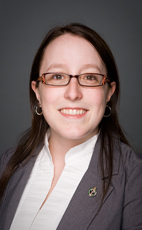Mr. Speaker, listening to the Minister of State for Democratic Reform trying to defend the indefensible, one would think that hordes of fraudsters are getting ready to rig the next election.
Basically, the minister is relying on a report by elections expert Harry Neufeld, who believes that the minister has misinterpreted his report and is reading selectively from it and, in fact, that the Conservatives are simply trying to stack the deck in their favour.
Why did the minister resort to inventing support and twisting Harry Neufeld's words to try to sell his electoral reform?

